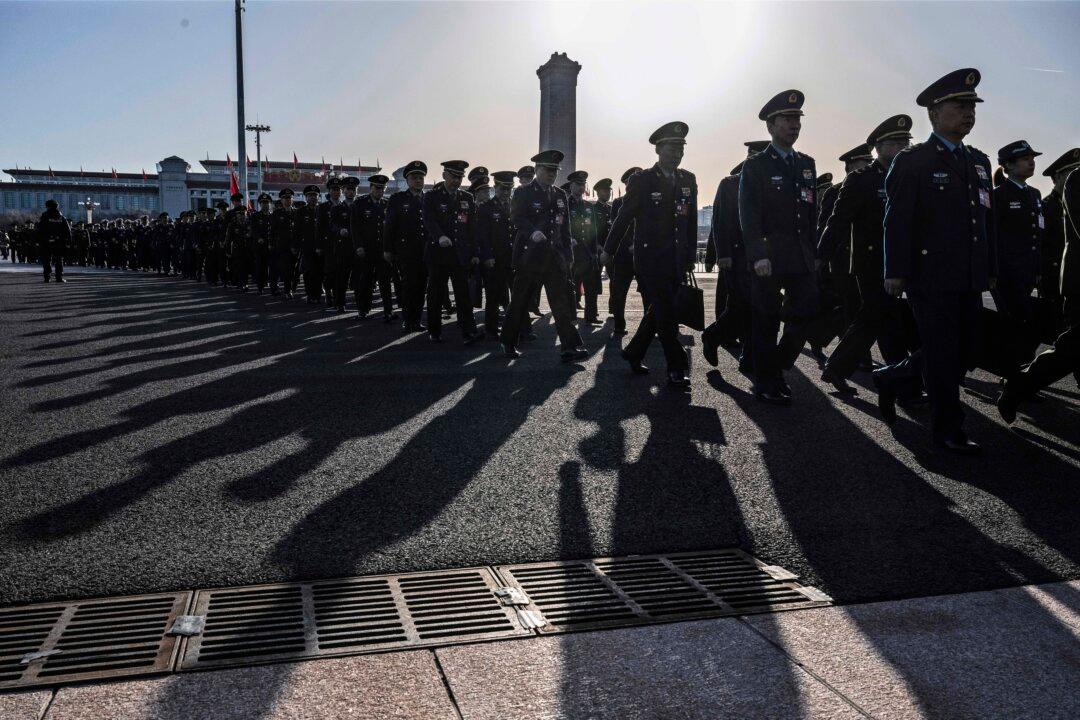Commentary
Chinese leader Xi Jinping told President-elect Donald Trump on Nov. 7 that the United States would lose if it confronted China. The foreign ministry in Beijing delivered the message, so this was not just about trade, including Trump’s plan to impose at least 60 percent tariffs on China. The implied threat likely applied to the situations in Taiwan, the South China Sea, and many other places as well.





